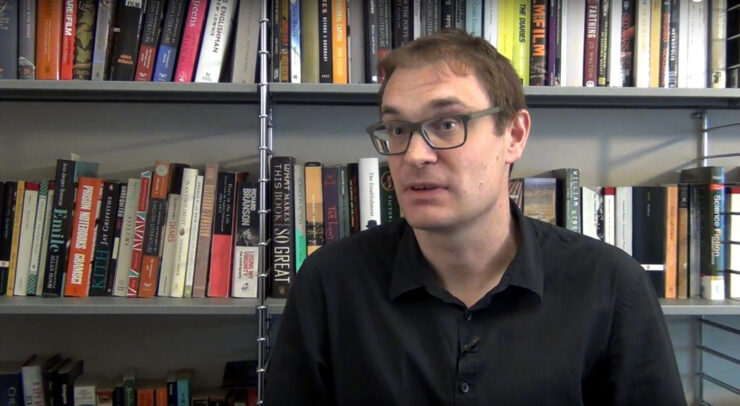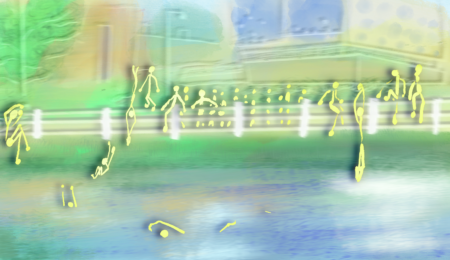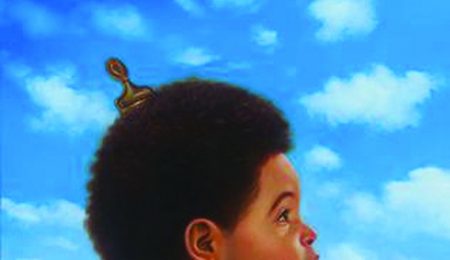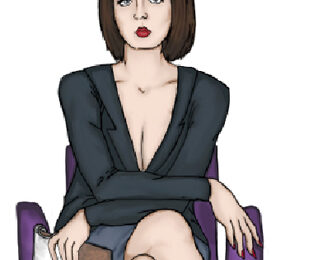Armed uprisings, sexual misconduct, influence on youth culture and society explored in secret history
Armed revolution, ground-breaking art, youth culture, a huge push forward in the history of teenage rebellion, and the stodgy British class system might seem unlikely to fit together, but all that and more came out of Britain’s most elite, aristocratic schools.
That exciting hidden history is laid bare in the forthcoming Gilded Youth: Privilege, Rebellion, and the British Public School by University of Ottawa English professor James Brooke-Smith. The book focuses on the cultural history of teenage rebellion in Britain’s most elite schools, which began as charity schools to educate the poor and by the eighteenth-century morphed into elite schools to educate the aristocracy.
“They have such an inordinate influence over British society,” Brooke-Smith said of the schools that have produced most of Britain’s top judges, senior army officers, politicians, and public servants. “They have this enormously disproportionate effect on society, so they’re an important institution to talk about.”
“The most elite private school in Britain, Eton College, has provided 33 per cent of all British prime ministers — from one school. That doesn’t sound to me the way a functioning, egalitarian democracy should do its business.”
However, Brooke-Smith sought to take a different angle with his study. He focuses on the secret lives of these institutions: the subcultures, movements, and adolescent rebellions of the students who went to these places. Gilded Youth is chock-full of lurid details of the secret lives of these institutions.
“Rather than writing about the official curriculum and history of the institution — learning Greek and Latin, training in cricket, rugby, and football, the kinds of character building and leadership skills they’re meant to instill in their pupils — what I wanted to do was study what the sociologist Erving Goffman calls the ‘underlife of the institution’, which is the secretive shadow world that happened in the cracks of official life, after lights go out, when the teachers aren’t looking.”
To study this “underlife,” Brooke-Smith turned to memoirs. As he put it, these schools trained the leaders of Britain, the types of people who would write their memoirs, and many of these memoirists were candid about their times in these schools. They capture the hard drinking, gambling, soliciting, pranking, and gaming that happened in these schools, but also the artistic and cultural movements taking place.
“The methodology of this book is a hybrid. Partly it’s history, partly it’s a wider social history, partly it’s a focused literary-cultural study … I tell the history of an institution, but I do it principally through what people wrote, the kinds of images they made, the kinds of films they made about this particular space,” Brooke-Smith said.
One of the most surprising periods in the history of private schools is the armed uprisings that happened during the French Revolution. Brooke-Smith said that during the Revolutionary period, several private schools faced armed insurrections from students. At Winchester school, students were even read the Riot Act and the local militia was called in. At Rugby School, students nailed the Declaration of the Rights of Man and of the Citizen to the walls and occupied the school.
“The rights that these young men are claiming were not democratic rights in the sense of the French revolution, but I feel like the rights of adolescents, that this is one of the first points in history where young men act with a self-conscious understanding of themselves as adolescents,” Brooke-Smith explained.
Brooke-Smith also turned his attention to a perverse sexual bullying system in which senior boys would extort sexual favours from junior boys in exchange for protection. Many boys who would go on to become major political leaders were wrapped up in this system.
In the 1960s, many graduates of these elite schools came to dominate the British music scene. Far from only training the statesmen of the future, the schools also produced “boarding school rebels” who would go on to found record labels like Island Record and manage major bands like The Who and the Rolling Stones. The famous radio host John Peel also went to a private school. Today, the music industry is still dominated by private school grads.
The cultural and social importance of these private schools is hard to overstate, but they have long been enclaves for the rich and powerful. They might be called public schools, said Brooke-Smith, but there is nothing public about them.
“There’s this interesting duality because it’s this brutalizing institution that also has a real potential for growth and pedagogy within it,” said Brooke-Smith. “And the education is brilliant, fantastic, but it’s the fact that it’s only available to the seven per cent of people who can pay which is what got my goat.”
Brooke-Smith is hosting a book launch for Gilded Youth at Black Squirrel Books on March 28 at 8:30 p.m. featuring readings, a Q&A, and music.





